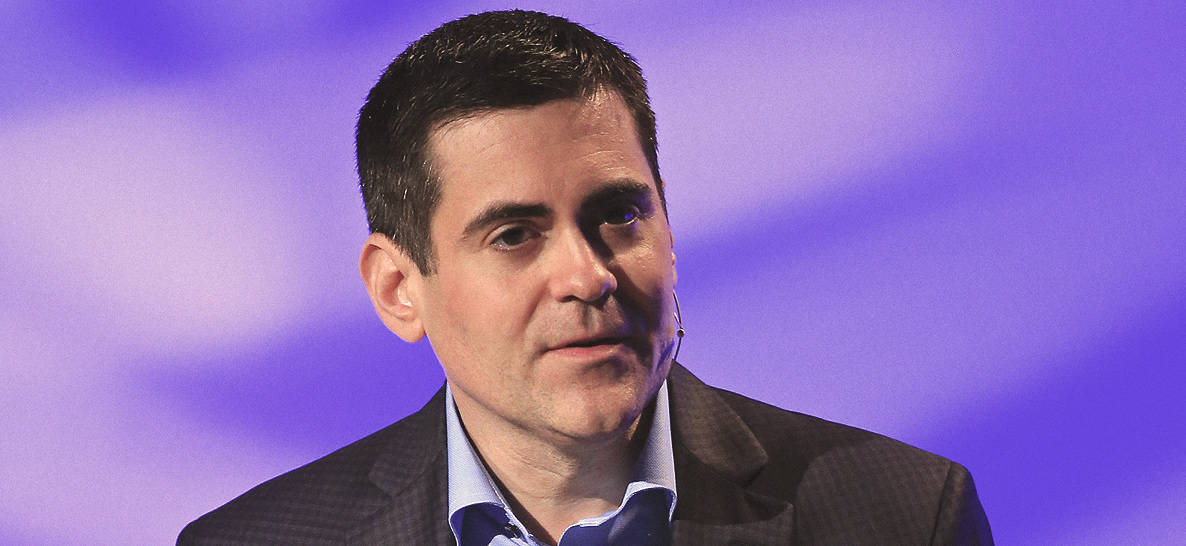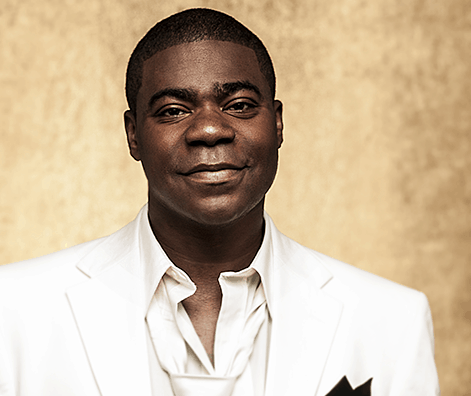
At this point, most of us are more than familiar with the recent resurgence of America’s abortion debate.
During the past several weeks, an organization called the Center for Medical Progress released a series of five sting-style videos depicting Planned Parenthood officials talking about the sale of fetal body parts for research—and the organization has said there are more videos to come. As expected, these videos triggered a cultural firestorm, with tons of attention coming from just about every angle—from presidential hopefuls to the big news networks to activist groups.
We reached out to Russell Moore, the president of the Southern Baptist Ethics & Religious Liberty Commission, to help us sort through all of this. Moore discussed the recent Planned Parenthood scandal, Christian’s response and how to talk about the issue.
With all of this talked about Planned Parenthood, these sting videos and a reinvigorated abortion debate around the country, can you frame where we are in our broader culture with this?
I think these videos are serving the same purpose that Uncle Tom’s Cabin served in the 19th century. That novel awakened people’s consciences to what was happening with slavery. Because there were a lot of people—both in the North and the South in the 19th century—who could assume “Well, slaves are happy. They love their masters. They’re treated well.” Uncle Tom’s Cabin, and other books, exposed the violent reality of human slavery so people’s consciences could see it.
I think the same thing is happening with these videos. It’s really easy for people to think about abortion in terms of euphemisms that keep it distant. Even the term “pro-choice”—we don’t ever talk about what we’re choosing. And the language people use of “fetus” or “embryo” or “product of conception”—we don’t like to think about what actually happens in an abortion. That’s really what’s happening in these videos: It is the raw shock of being confronted with the fact that abortion is violent. It’s an act of violence against someone.
For better or worse, a good percentage of younger Christians are a-political. How should we think about this issue in terms of politics?
I know why Christians want to say, “Let’s just remain a-political.” A lot of that is because they’re looking at some really horrific ways of engaging politically that have happened in the past. It’s similar to someone who grew up in a really legalistic church who says, “I don’t want to talk about the commands of Scripture, I just want to live free in Christ.” Well, eventually, you do have to come to the texts of Scripture and say, “How am I then to live?”
Christians who assume or pretend they are nonpolitical often become the most political Christians of all. In the 19th century, the Christians who were saying, “Let’s not talk about slavery, let’s just talk about the Gospel.” Well, when you’re calling people to repentance and you’re not talking about slavery, then you are talking about slavery, because you’re baptizing the status quo. The same thing was true with Jim Crow in the 20th century, and the same thing is true with the personhood of the unborn in the 21st century.
As the people of Christ, we have to care about what Jesus cares about. And one of the things Jesus cares about is justice for the vulnerable, which means we have a responsibility to speak.
It’s also the case that the Scripture is very clear that rulers have an authority for the way they handle the sword of justice that’s given to them (Romans 13, 1 Peter 2). So in any given culture, someone reading these texts has to ask, “Well, who are the rulers?” If you’re in first-century Rome, that’s Caesar and the governors under Caesar–they’re the ones who ultimately make the decisions.
In our context, in North America, the ultimate authority is with the people. We’re the ones who elect the lawmakers. We don’t have the option of saying, “Well, we don’t care about that,” because we’re doing it. If we’re not exercising our citizenship, we’re going to bear a responsibility before God for the way we used the sword He has delegated to us—in exactly the same way Caesar had to give an account, and Pontus Pilate had to give an account.
For most of us, what immediately comes to minds is the upcoming presidential election. But even then our ability for influence seems distant—after all, we didn’t have a say in either party’s candidates. So what might it look like for us to engage beyond voting in the next big election?
Make sure you are asking God “How are you calling me to care for widows and orphans in their distress?” It could be that God’s calling you to be part of a pregnancy resource center that helps women who are in crisis who are pregnant. It could be that God’s calling you to open your home to a woman who is in crisis and is pregnant, or has children and is the victim of abuse or economic downturn. Maybe God’s calling you to participate in the foster care system or maybe even to adopt a child. There are all sorts of things you as a family or an individual can do.
And then, make sure we are speaking to the people in our communities and our congregations whose consciences are really wounded. There are a lot of people who are recoiling from these videos not because they’re abortion-rights activists, but because they’ve had abortions. If you think about it just demographically, in certain age groups, one out of every three women will have experienced an abortion. In many cases, there was a man who was pressuring her toward that. That means you have a lot of people who have consciences that are accusing them.
We have to be a Gospel people who are able to speak honestly about the injustice of abortion—the sin of abortion—but also making very clear that we’re saying to people, “If you’re in Christ, that means there’s no condemnation left for you.”
One of the things that God tends to do is to use women who have experienced abortion and have repented of that is to do ministry to others. Some of the strongest voices for the unborn and for their moms that I know are women who have had abortions they regret.
We need to talk about that, because sometimes when people hear us talking about the abortion issue and then they hear us talking about the Gospel, they tend to assume God can forgive anything but that. No! The blood of Christ can cleanse from every sin. We need to make sure we’re very clear about that.
What kind of talking points can we use to engage in a civil dialogue with someone who disagrees on this issue?
Find the point of connection with that person’s conscience. Most people will have a category for protecting the vulnerable. You want to go to that place in that conversation and then speak to them about the unborn child as neighbor.
When Jesus tells us the parable of the good Samaritan, the priest and the Levite both see the man beaten up on the side of the road, and they both turn and walk to the other side of the road. That’s what people are doing, they don’t really want to deal with the humanity of this unborn child. So find the place where their conscience is awake when it comes to the vulnerable.
I have a pro-choice friend who really cares about foster kids and doesn’t like to see foster kids mistreated. OK, well that’s good and that’s right. So talk about why that person cares so much about foster kids and then expand that over.
Also, make sure you’re dealing with caricatures people have. Many pro-choice people assume that pro-life people only care about children from conception to birth.Of course, that’s not the case. What we have is pregnancy resource centers and literacy training and adoption culture—all of these things going on in Christianity that they don’t know about, so talk about that, as well.






















